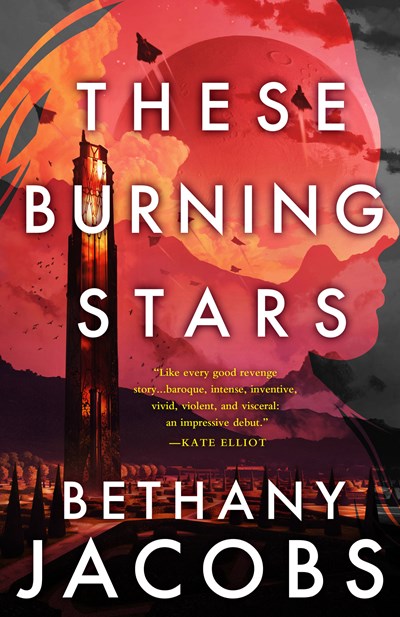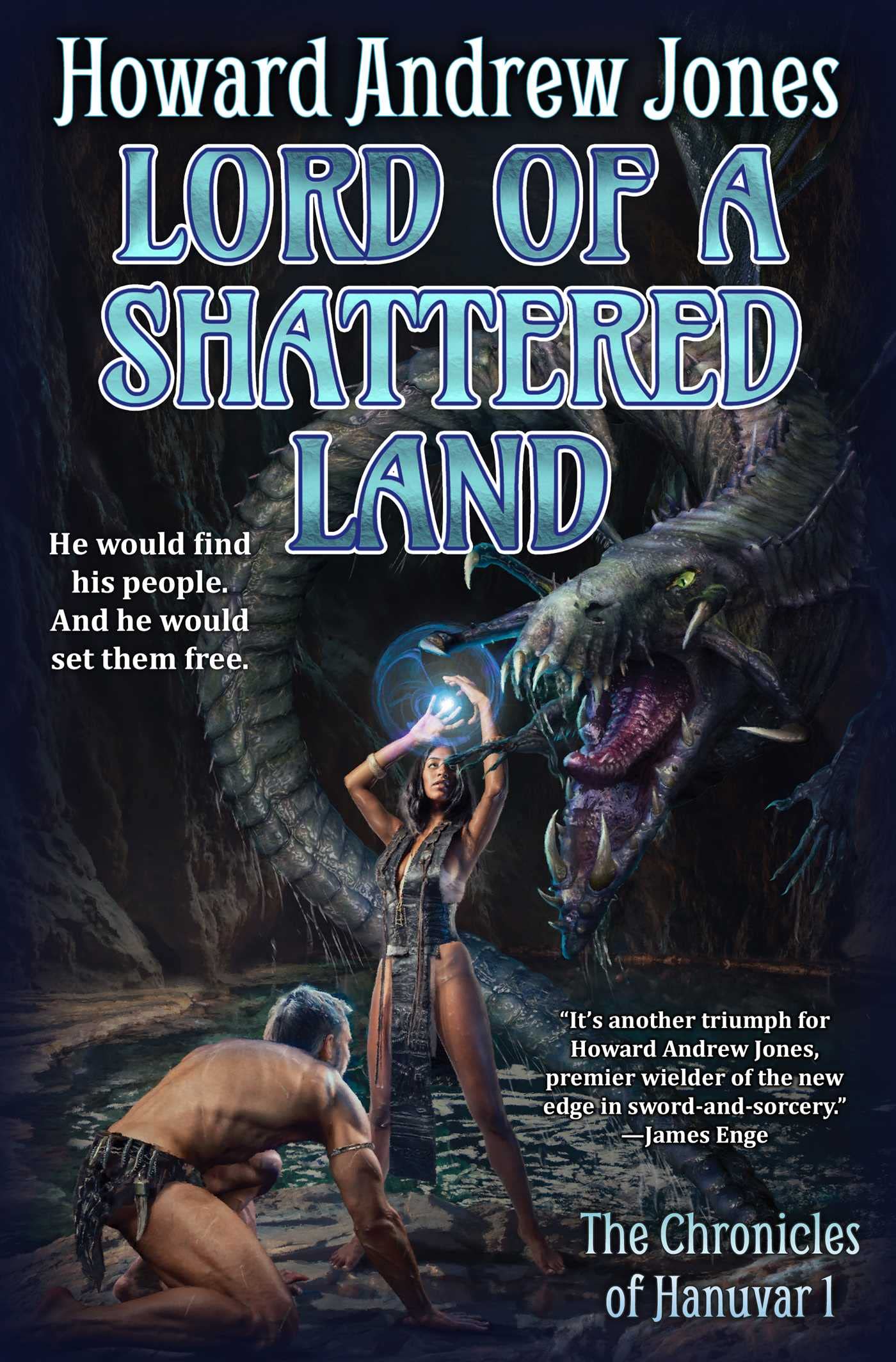Blog Listing
- @Number71
- Beauty In Ruins
- Best Fantasy Books HQ
- Bitten By Books
- Booknest
- Bookworm Blues
- Charlotte's Library
- Civilian Reader
- Critical Mass
- Curated Fantasy Books
- Dark Wolf's Fantasy Reviews
- Everything is Nice
- Falcata Times
- Fantasy & SciFi Lovin' News & Reviews
- Fantasy Cafe
- Fantasy Literature
- Gold Not Glittering
- GoodKindles
- Grimdark Magazine
- Hellnotes
- io9
- Jabberwock
- Jeff VanderMeer
- King of the Nerds
- Layers of Thought
- Lynn's Book Blog
- Neth Space
- Novel Notions
- Omnivoracious
- Only The Best Science Fiction & Fantasy
- Pat's Fantasy Hotlist
- Pyr-O-Mania
- Realms Of My Mind
- Rob's Blog O' Stuff
- Rockstarlit Bookasylum
- SciFiChick.com
- Smorgasbord Fantasia
- Speculative Book Review
- Stainless Steel Droppings
- Tez Says
- The Antick Musings of G.B.H. Hornswoggler, Gent.
- The B&N Sci-Fi & Fantasy Blog
- The Bibliosanctum
- The Book Smugglers
- The Fantasy Hive
- The Fantasy Inn
- The Nocturnal Library
- The OF Blog
- The Qwillery
- The Speculative Scotsman
- The Vinciolo Journal
- The Wertzone
- Thoughts Stained With Ink
- Tip the Wink
- Tor.com
- Val's Random Comments
- Voyager Books
- Walker of Worlds
- Whatever
- Whispers & Wonder
Blog Archive
-
▼
2012
(284)
-
▼
July
(28)
- "Jack Glass" by Adam Roberts (Reviewed by Liviu Su...
- GUEST POST: The Literary Odyssey of Ilona Andrews ...
- A stunning Cloud Atlas movie trailer (with comment...
- The 2012 Man Booker Longlist (with comments by Liv...
- Land of Hope and Glory by Geoffrey Wilson (Reviewe...
- "Blood Song" by Anthony Ryan (Reviewed by Liviu Su...
- Imperative by P. A. Wilson (Reviewed by Mihir Wanc...
- Emotobooks: The Fusion of Written Fiction and Expr...
- Cover and Synopsis for "Shadow of Freedom" by Davi...
- Press Release: Jo Fletcher Books acquires The Shiv...
- Focus on 3 older SF titles: David Zindell, A. A. A...
- A SF-nal Journey in Books 1987-2011 (by Liviu Suciu)
- Kingdom by Anderson O'Donnell (Reviewed by Mihir W...
- The List of "Science Fiction the 101 Best Novels 1...
- GunMetal Magic by Ilona Andrews w/ Bonus Review of...
- Four upcoming SFF debuts that caught my eye (By Mi...
- The Spirit War by Rachel Aaron (Reviewed by Mihir ...
- "The Prisoner of Heaven" by Carlos Ruiz Zafon (Rev...
- Retribution Clause and Magic Tests (Kate Daniels S...
- "Sharps" by K.J. Parker (Reviewed by Liviu Suciu a...
- Zelda Pryce: The Razor's Edge by Joss Llewelyn (Re...
- "The Ghostwriter" by Zoran Zivkovic (Reviewed by L...
- A Mini-Interview with KJ Parker (Questions asked b...
- "The Sacrifice Game" by Brian D'Amato (Reviewed by...
- Winners of The Indie Day II Giveaway!!!
- Eerie by Blake and Jordan Crouch (Reviewed by Mihi...
- Spotlight on July Books
- “Giant Thief” by David Tallerman (Reviewed by Sabi...
-
▼
July
(28)
Order the Book HERE
Read an Excerpt HERE
AUTHOR INFORMATION: Anderson O’Donnell lives in Connecticut with his wife and son. He graduated with a Bachelors degree in English from the College of the Holy Cross. He is bilingual and among his main interests are punk rock and dystopian fiction. Kingdom was born out of the latter interest and is his debut.
BOOK BLURB: In a secret laboratory hidden under the desert, a covert bioengineering project—codename “Exodus”—has discovered the gene responsible for the human soul. Somewhere in the neon sprawl outside the nation’s collapsing economic core, a group of renegade monks are on the verge of uncovering a secret that has eluded mankind for centuries.
In a glittering tower high above the urban decay, an ascendant U.S. Senator is found dead—an apparent, yet inexplicable, suicide. And in the streets below, a young man races through an ultra modern metropolis on the verge of a violent revolution....closing in on the terrible truth behind Exodus—and one man’s dark vision for the future of mankind.
Welcome to Tiber City...
FORMAT/INFO: Kingdom is 235 pages long divided over twenty-eight chapters, with a prologue and an epilogue. In this book, narration is in the third-person, via Jonathan Campbell and Dylan Fitzgerald. It also has an introduction titled “Tiber City Calling or Bio-Punks On Zinc” by Jack O’Connell. Kingdom has a self-contained plotline however is book one in the Tiber City trilogy.
May 10, 2012 marks the North American Mass Market Paperback publication of Kingdom and was self published by the author via Tiber City Press.
OVERVIEW/ANALYSIS: Kingdom is a bit of an oddity to describe; its blurb proclaims it as being a bio-punk thriller however that still doesn't give us any clue into its specifics. I was attracted to it because of the difference of its genre setting and the bio-punk label. Kingdom opens up with in a couple of different time periods; one is in the year 1986 whereas the other one is in 2015. The first thread is about the scientist Jonathan Campbell who is overcome with remorse and guilt because of his dealings with Morrison Biotech, the second thread opens us with Dylan Fitzgerald who is the son of the famous presidential candidate who blew out his brains.
These two are the book’s dual point of view characters, Campbell and Fitzgerald, two men separated by the chasm of time, personal priorities and social stations. Campbell since his meltdown that lead to him escaping from his job at Morrison Biotech has been keeping busy with an order of monks called the Order of Neshamah. It is an order of holy men dealing with science in a quest to know more of about the human soul and its connection with God. Jonathan Campbell is not sure what to make of them however owes them big for dragging him back from his personal abyss and thereby does odd things for them based on his skills. Dylan on the other hand is going through life like a pebble being rattled from nook to crevice by the river flow. He doesn't know what he is looking for amidst the endless stream of coke, parties and girls. Things soon take a turn differently why he starts looking into why his father committed suicide.
The story isn't set in some dystopian future, its set just three years from now, the scary part being no apocalypse occurred, there was no great shift per say. The future that is shown in the book is just simply a fact. It occurs due to reasons that we humans have decided it so and this is one of the parts of the story that the author drives home. That most events in history occur due to human apathy or due to specific human interests, the decline of civilization in America is played out quite nicely through out the story and the author does paint a bleak picture.
The best part about Kingdom is its characterization especially that of Dylan as at first when we meet him, it’s really hard to relate to him. More often than not I felt contempt for him, however to the author’s credit, his character turnaround was brilliantly managed and that really set the tone for the book. Jonathan on the other hand seemed to have gotten the short straw, even though he gets a similar amount of page time, we never quite get into his head or learn what makes him tick exactly. Another plus point is the plot, which is a hodge-podge of SF, thriller and ethical dilemmas. The story takes some weird turns and with all the metaphysical stuff juxtaposed within the context of genetic science, it ventures into territory that is hitherto new. However it is still a thriller book which camouflages itself nicely with the bio-punk label.
The biggest discrepancy however about the book’s plot is in its origins, its never quite thoroughly explained as to why and how the exodus project got off the ground. Yes there are reasons given about creating better, perfect leaders and humans but what was the original spark for it? Who gave it its first push? Such questions and similar ilk are never quite clearly explained. The book however does end on a strong note and lays the foundation for book II in the Tiber City trilogy. I’m hoping that the background and role of the Order of Neshamah is further explored in the sequel as for me their role and intentions were the most interesting part of the story bedsides the plot tracts of both the POV characters. Also the epilogue plays out to a very strong mythological note and in particular gives a crucial pointer towards book II.
CONCLUSION: Kingdom is a different sort of book and Anderson O’Donnell has to be given his due for giving us a story that is different than most SF thrillers, given a few flaws, this debut is still something to be taken notice of. I’m curious to learn more about the author's future plans for the books and what the next chapter will hold for the denizens of Tiber city. Kingdom is a solid three star debut effort and worth your time if you want to read something different in the SF-Thriller genre.
Subscribe to:
Post Comments (Atom)







4 comments:
As a molecular biologist / geneticist, when I read in the blurb about "the gene responsible for the human soul", I cringed!
Hi Antonakis
I understand your thought process however its fiction my friend. Authors are allowed to write about subjects that they want :)
Mihir
In a way I agree that in fiction, especially speculative fiction, such "liberties" can be excused but on the other hand it's hard not to think realistically about some subjects, especially scientific ones. Putting the expression "gene responsible for the human soul" in the abstract appart from not adding any credit to the author's knowledge of biology, it also raises way too many questions that the author will have a hard time explaining and probably doesn't.
Or maybe I'm just a nitpicker for scientific realism! :p
Completely understandable Antonakis, I myself cringe whenever there's a rib injury or a cracked rib in various fantasy/SF books and yet the protagonist manages to continue on. My background makes it particularly hard to enjoy action scenes but I just try my hardest to switch off my analytical part of the brain ;)
Mihir